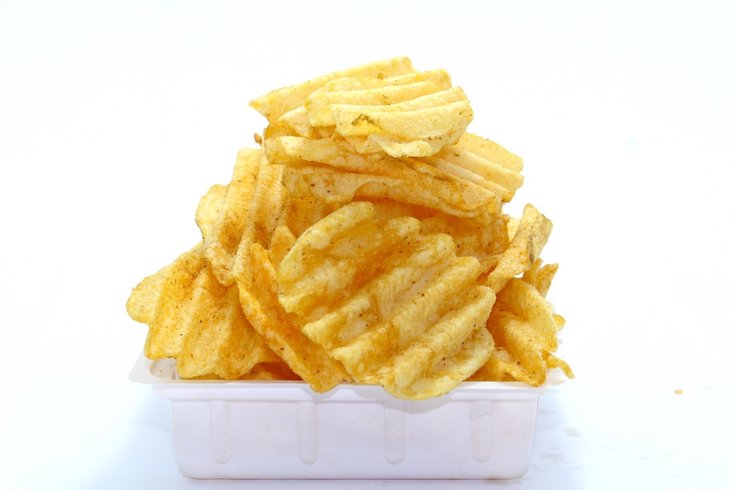
May 16, 2019
 icon0.com/Pexels
icon0.com/Pexels
The world's first study to show that eating these foods leads to overeating and weight gain.
The prevalence of obesity in the United States has reached epidemic proportions, an unhealthiness blamed on our diet consisting of too much fatty, salty and sugary foods.
While overeating those foods certainly contribute to a person’s health, new research suggests that highly processed foods could actually be a bigger part of the equation.
Published Thursday in the journal Cell Metabolism, researchers at the National Institutes of Health reported a small but mighty study consisting of just 20 people. They found that ultra-processed foods — like those that are ready-to-eat or just need to be quickly heated — make people eat more food daily, leading to weight gain.
RELATED READ: Apparently, the chemicals in household dust can spur weight gain
To determine this, researchers at the Bethesda Metabolic Clinical Research Unit recruited 10 men and 10 women to participate in the study, which involved them eating their meals in an isolated lab environment for 28 day and having their appetite and glucose levels monitored.
Participants were fed highly processed foods for two weeks of the study and fresh foods for another two weeks — and were given the same amount of protein, fat, carbs, salt and sugar to eat, according to the study. They had an hour-long eating window and could eat as much as they wanted.
NPR reported:
Study participants on the ultra-processed diet ate an average of 508 calories more per day and ended up gaining an average of 2 pounds over a two-week period. People on the unprocessed diet, meanwhile, ended up losing about 2 pounds on average over a two-week period.
Another interesting finding: Both groups ate about the same amount of protein, but those on the ultra-processed diet ate a lot more carbs and fat.... In part, that's because ultra-processed foods tend to be low in fiber, so researchers had to add fiber to the beverages served as part of these meals to match the fiber content of the unprocessed diet. That means participants on the ultra-processed diet might have had to munch through more carbs and fat to hit their protein needs.
Researchers noted that because ultra-processed foods tend to be softer and easier to chew and swallow, they observed study participants eat more quickly, and eating more as a result.